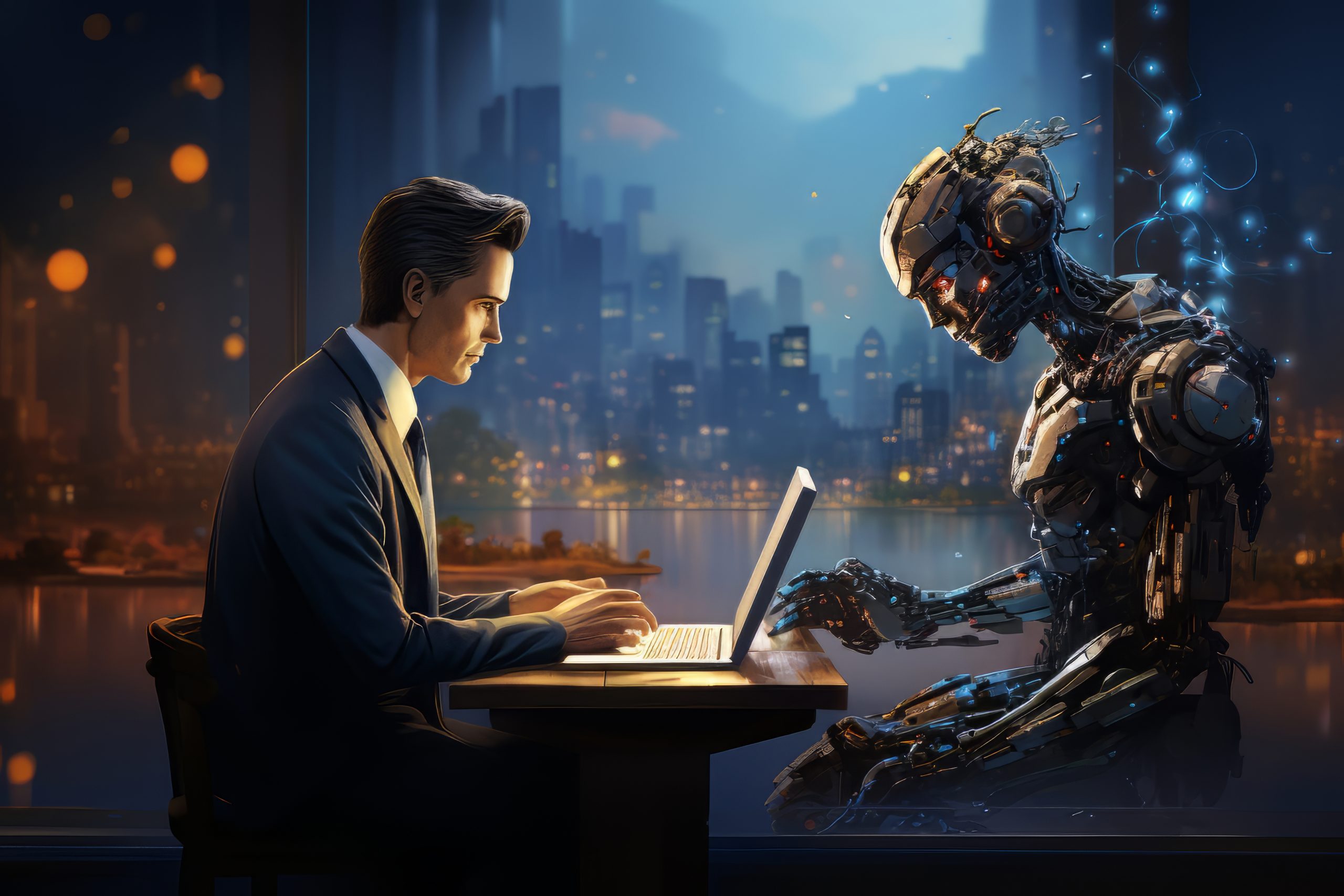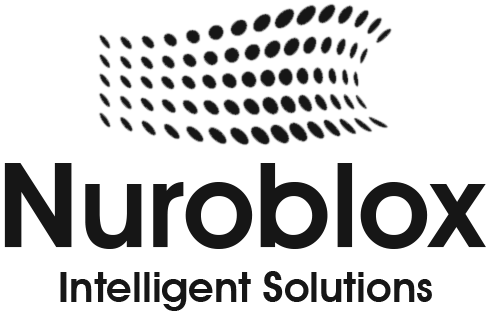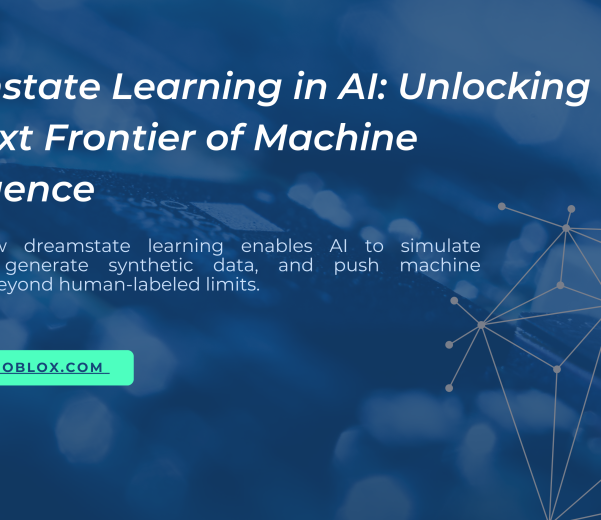Artificial intelligence
- Home
- Artificial intelligence

// ABOUT AI
Artificial intelligence
Explore how AI is reshaping the world by enabling machines to learn, reason, and act intelligently. From automation to innovation, AI empowers smarter decisions, greater efficiency, and limitless possibilities for the future of work and creativity.





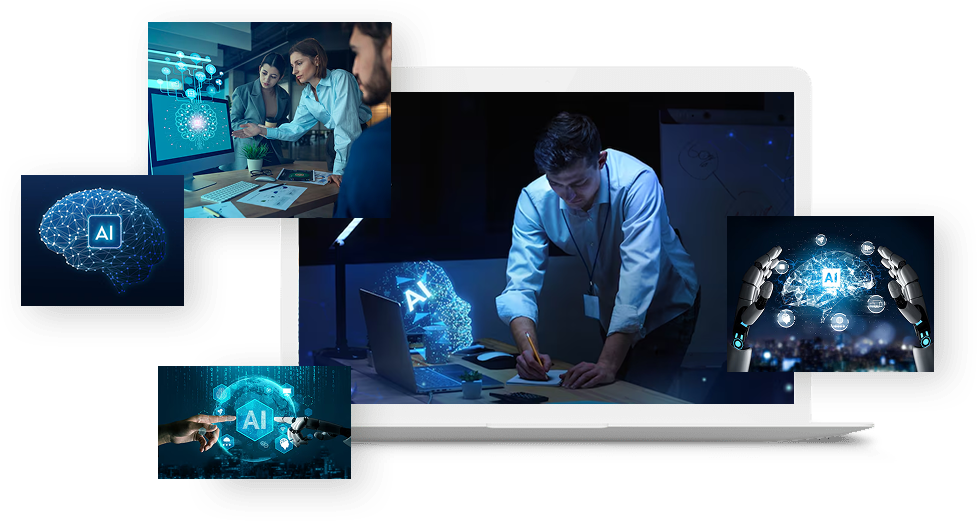
What is Artificial intelligence?
Artificial Intelligence (AI) refers to computer systems capable of performing complex tasks that historically only humans could accomplish, such as reasoning, making decisions, solving problems, learning, and exercising creativity. At its core, AI is a set of technologies that enable computers to perform advanced functions including the ability to see, understand and translate spoken and written language, analyze data, make recommendations, and act autonomously.
Benefits of Artificial intelligence
Automation and Efficiency
AI can automate routine and repetitive tasks, from data entry to manufacturing processes, freeing up human workers to focus on more creative and high-value work.
Faster, Data-Driven Decisions
AI analyzes vast amounts of data in real time, empowering businesses to move beyond historical analysis and make proactive decisions in the moment.
Consistent and Continuous Operation
AI systems can operate 24/7 without a decline in performance, ensuring consistent quality and availability for tasks like customer service and production lines.
Consistent and Continuous Operation
AI systems can operate 24/7 without a decline in performance, ensuring consistent quality and availability for tasks like customer service and production lines.
AI agents and agentic AI
An AI agent is an autonomous AI program that can perform tasks and accomplish goals on behalf of a user or another system without human intervention, by designing its own workflow and using available tools. Agentic AI is a system of multiple AI agents, the efforts of which are coordinated, or orchestrated, to accomplish a more complex task or a greater goal than any single agent in the system could accomplish.
We’re Here to Assist You and Address
All Your Questions Anytime!
Use Cases of Artificial intelligence
Customer service
Fraud detection
Autonomous vehicles


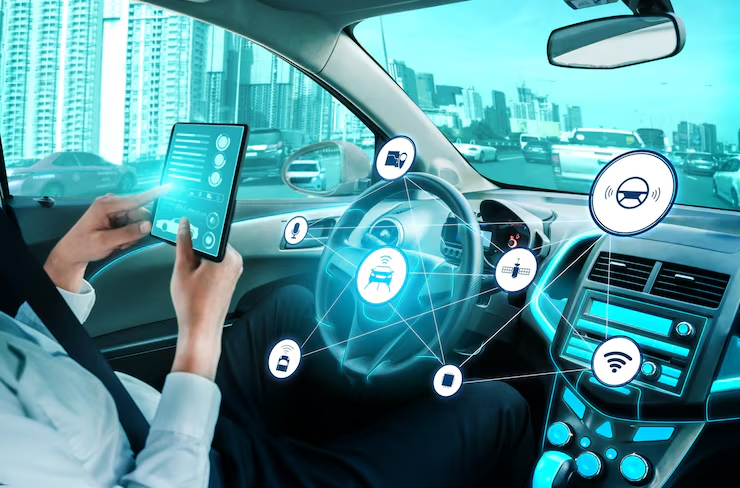
AI challenges and risks
History of Artificial Intelligence
From the 1990s onward, AI evolved rapidly through data-driven machine learning, enabling technologies like web search, speech recognition, and intelligent robotics. The 2010s brought the deep learning revolution, driving major progress in image recognition, language understanding, and autonomous systems. Since 2020, the generative AI era -marked by models such as GPT-3, GPT-4, Gemini, and SORA-has transformed creativity and problem-solving across industries, moving AI closer to human-like intelligence while raising important ethical and societal challenges.
